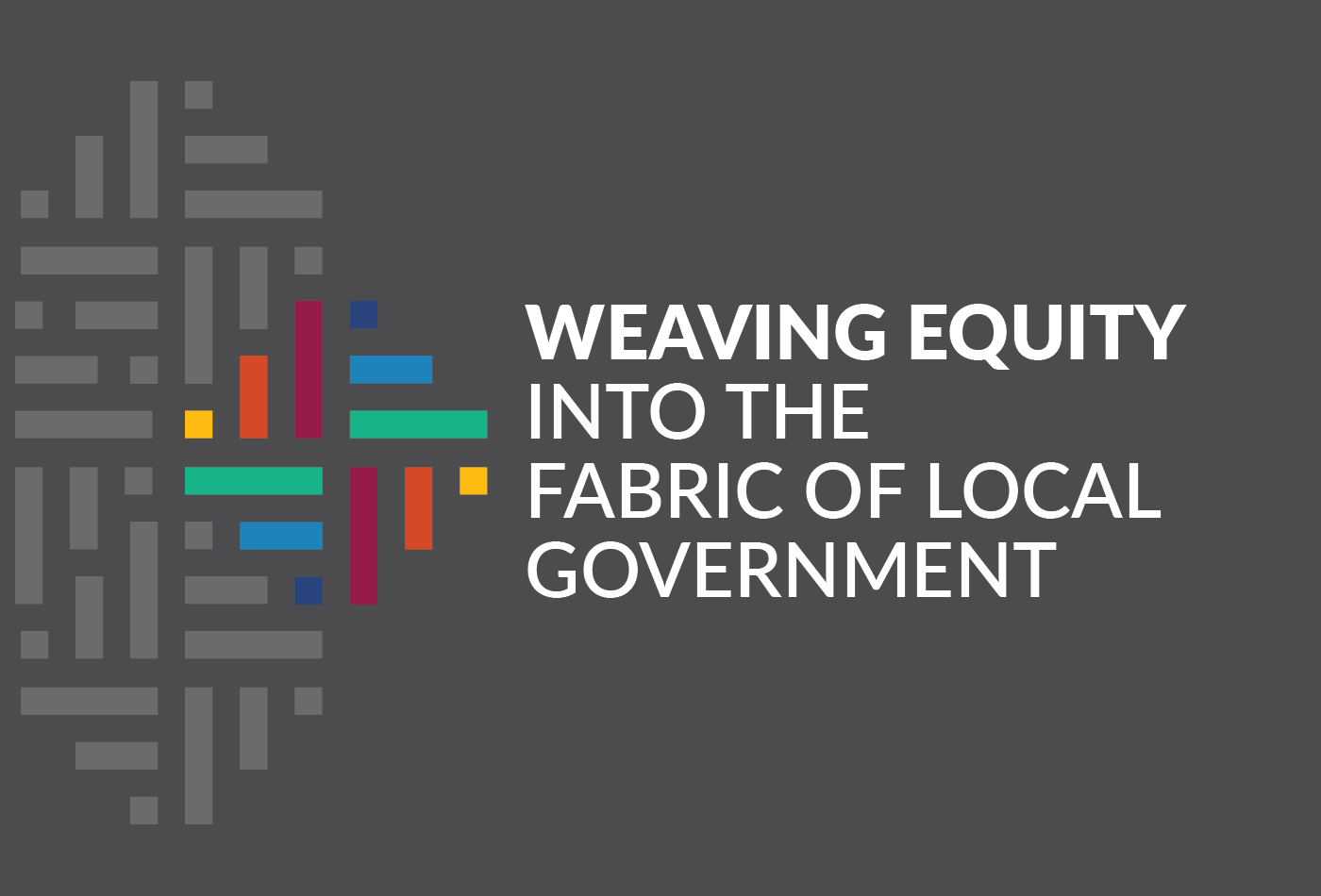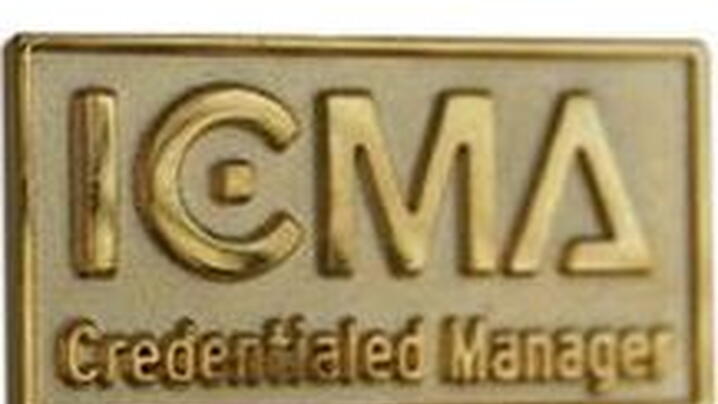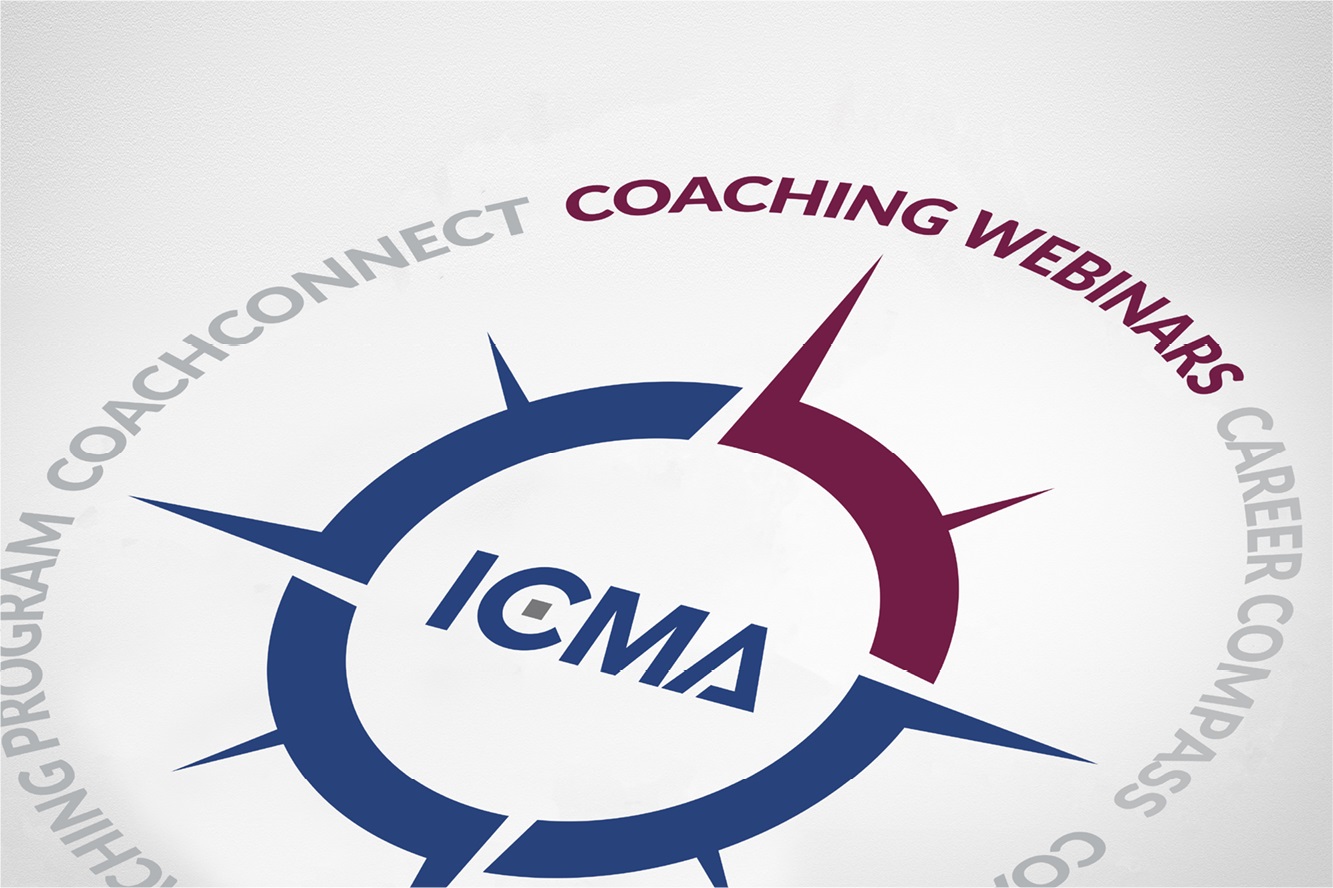
Many CAOs have never served as an assistant or deputy and therefore may not understand how multifaceted the assistant position can be.


Mark your calendar and plan to register for the premier leadership and professional development event for local government professionals!


Data can rally councils and managers around the same shared goal for the best decision-making.

The ICMA Credentialing Program creates consistency and provides tools to maximize the benefits of our applied learning.

CEO's initiative to influence a positive culture shift and normalize mental health in the workplace.

With respect and civility, we can answer any question and respond to any challenge our communities face.

